Mental Health Awareness and Journal Articles: An Exploration of Mental Health Issues through Research and Awareness, Making a Significant Contribution to the Human Well-being of All Fields.
These journal articles serve as valuable resources that delve into various mental health issues, aiming to enhance research and promote awareness among individuals. Their profound impact on human well-being cannot be overstated. Examining different facets of mental health through rigorous research and disseminating the finding. These journals play a crucial role in advancing our understanding and fostering societal awareness. Their contribution is instrumental in promoting mental well-being and addressing challenges faced by individuals experiencing mental health issues.
The Perspectives and Treatment of mental health issues have evolved significantly over time, shaped by cultural, societal, and scientific developments.
The comparative history of mental health issues reveals a dynamic evolution of changing perspectives and treatment approaches. From ancient spiritual beliefs to the emergence of psychiatry and the current focus on care, societal understanding and support for individuals with mental health issues have progressed. However, challenges persist, including stigma, access to care, and the need for continued research and advocacy.
Unique Mental Health Challenges in Ancient Times: Specific Categories of People

In ancient times, specific categories of people faced unique mental health challenges due to various factors, including cultural beliefs, social roles, and environmental conditions.
Women in many ancient societies often confronted distinct mental health challenges. The restrictive gender roles, limited autonomy, and societal expectation placed upon them could contribute to feelings of powerlessness, suppression, and psychological distress.

The story of Cassandra serves as an example of the struggles faced by women in ancient societies. She was a princess of Troy, gifted with the ability to prophesy by the god Apollo. She faced immense psychological distress when she refused Apolllo’s romantic advances, leading to a curse where no one would believe her prophecies. The combination of her restricted gender role as a princess and the disbelief she faced due to the curse led to feelings of powerlessness, frustration, and psychological anguish.
Individuals subjected to slavery experienced profound psychological trauma and distress. Warriors and soldiers in ancient civilizations faced unique mental health challenges related to the trauma and stress of combat. Witnessing violence, experiencing injury, and participating in warfare took a toll on their psychological well-being.

One example of a story that illustrates the mental health challenges faced by individuals subjected to slavery and warriors/soldiers is the story of Fredrick Douglass and his experiences as an enslaved African-American and later as an abolitionist. Douglass was born into slavery in the early 19th century in Maryland, USA.
He endured the brutalities of slavery, including physical abuse, separation from family, and constant fear for his safety. These traumatic experiences had a profound impact on his mental well-being leading to feelings of powerlessness, despair, and psychological distress. Despite the tremendous challenges he faced, Douglass managed to escape from slavery. He became a prominent abolitionist and advocate for civil rights. In his autobiographical works, he vividly described the mental and emotional toll that slavery had on him and other enslaved individuals.
While rulers and royalty were often privileged, but their positions of power and the associated responsibilities led to significant mental health challenges.
Mental Health Awareness: Distinct Mental Health Challenges Across Diverse Populations in Today’s Era

It is crucial to recognize that mental health issues can impact individuals from every sphere of life, irrespective of their age, gender, socioeconomic status, cultural background, or historical context. Mental health does not discriminate, and anyone can experience mental health challenges at some point in their lives.
However, the prevalence and nature of mental health issues may differ across various populations and time periods.
Today, certain groups may encounter specific distinct mental health challenges:
- The transition from childhood to adulthood can be a challenging period, often accompanies by increased stress, identity exploration, academic pressure, and peer influence.
- Veterans and Active-duty personnel may encounter mental health issues, conditions such as post-traumatic stress disorder, depression, and substance abuse can be prevalent in this population.
- Individuals with chronic physical illness may experience mental health challenges. Chronic illness can lead to feelings of anxiety, depression, adjustment difficulties, and reduced quality of life.
- LGBTQ+ Individuals often face unique mental health stressors related to societal prejudice, discrimination, and stigmatization. They may experience higher rates of anxiety, depression, substance abuse, and suicide compared to the general population.
- Older adults, aging is often accompanied by life transitions. Loss of loved ones, physical health changes, and social isolation, which can contribute to mental health concerns in older adults. Conditions such as depression, anxiety, and cognitive disorders may be more prevalent in this population.
In addition to the specific groups mentioned above, there are several other categories of individuals who may face unique mental health challenges in today’s society. These categories include:
- Businessmen and professionals working in high-stress environments such as corporate settings or demanding industries often experience unique mental health challenges. The pressure to meet deadlines, handle responsibilities, maintain a work-life balance, and navigate a competitive environment can contribute to stress, anxiety, burnout, and other mental health issues.
- People from low-income or impoverished backgrounds may face a range of mental health challenges due to limited access to resources, financial stressors, and adverse living conditions. The constant struggle to meet basic needs lack of social support, and systemic inequalities can contribute to depression, anxiety, and other mental health difficulties.
- Students particularly those in higher education or competitive academic environment, often encounter mental health challenges.
- Individuals working in artistic and creative files may face unique mental health challenges related to the nature of their work. The pressures of self-expression, creative blocks, criticism, and the irregular and unpredictable nature of the industry can contribute to anxiety, depression, and mood disorders.
- Mental health challenges can also affect families and relationships as a whole. Relationship difficulties, parenting stress, marital conflicts, and the strain of caregiving responsibilities can impact the mental well-being of family members.
- First responders, including police officers, firefighters, paramedics, and emergency medical technicians, often face high levels of stress and trauma in their line of duty.
- Individuals who have experienced forced displacement, and migration face unique mental health challenges.
- Today’s women also face specific mental health challenges due to various societal factors and gender-related experiences.
It is important to recognize that while certain groups may have a higher risk of developing specific mental health issues, mental health challenges can affect anyone. Mental health awareness and support should be available and accessible to all individuals, regardless of their specific demographic category, as everyone deserves understanding, empathy, and appropriate care.

Mental health awareness and stigma (which we shall discuss in the next post) are critical topics that have far-reaching implications for individuals, communities, and society as a whole. Journal articles are invaluable resources that contribute to mental health awareness and combatting stigma in several ways by providing evidence-based research, educational resources, and advocacy tools. By increasing our understanding of mental health and challenging stigma, we can create an environment where individuals feel safe to seek help and receive support. Let us continue to promote mental health awareness and support one another.
While mental health awareness articles and journals play a significant role in spreading knowledge and reducing stigma, it is equally important for individuals who are struggling with mental health issues to seek direct consultancy from mental health consultants for proper diagnosis and treatment.
By selecting these topics for our blog, we aim to contribute to destigmatizing mental health, promoting understanding, and advocating for better mental health resources and support systems. In our upcoming post, we will delve deeper into the realms of mental health awareness and stigma.
Disclaimer: The majority of the pictures on our platform are sourced from Google images and Pexels, and may not indicate copyright ownership. We will promptly remove the picture with sincere apologies, if any copyright claims.








2 Comments
M. Imran Latif
June 12, 2023 at 3:55 amOutstanding research. I like it very much. Pleaae keep it up and more share ur fabulous thinking
Shabana Sultan
June 12, 2023 at 7:22 amThank you for appreciations and encouragement